How to Reduce Noise Levels of Your Gasoline Generator Effectively
Lowering the levels produced by your gas powered generator is an aspect, for those who depend on these devices for electricity whether its for backup at home outdoor adventures or construction sites. While generators are highly useful their noise can often be disruptive and annoying, to users and those nearby. Therefore implementing methods to reduce noise can enhance comfort create an enjoyable atmosphere and comply with local noise regulations. This piece will discuss the significance of minimizing noise proven strategies to decrease generator noise levels. Tailored exhaust systems that can help in reducing noise.
Understanding the Importance of Reducing Noise
Health and Environmental Impacts
The loud sounds produced by gasoline generators have the potential to cause a range of health issues, including stress levels disrupted sleep patterns and gradual hearing impairment. Being exposed to levels of noise, for periods can lead to feelings of discomfort and contribute to feelings of tiredness. Moreover it's important to consider the impact of noise pollution as it can have effects on wildlife and the natural balance of ecosystems. Changes in animal behavior reproduction cycles and habitat sustainability may result from exposure to generator noise. Therefore it is crucial to minimize the noise emissions, from your gasoline generator for the sake of both well being and environmental harmony.
Benefits of a Quieter Generator
Using a quieter gasoline generator can greatly improve your experience making it more enjoyable, without the background noise. It creates an environment, beneficial during camping trips or outdoor gatherings where loud sounds can interfere with the natural surroundings. Moreover keeping noise levels down can help prevent complaints from neighbors promoting harmony in areas. Additionally many people appreciate quieter generators for their versatility enabling them to operate the equipment in settings at night without causing disruptions, to others.
Proven Techniques to Lower Generator Noise
Selecting an Appropriate Location
The location of your gas powered generator is crucial, in controlling noise levels. It's an idea to place the generator from where people live and spend time like bedrooms or outdoor hangout areas. Making sure the generator is on a surface can also help minimize vibrations. When choosing a spot think about putting the generator near barriers like bushes or fences to absorb some of the noise of bouncing it back. Also considering factors, like hills can naturally redirect waves.
Installation of Sound Barriers
Placing absorbing barriers, around your gas generator can significantly decrease the noise it produces. You can use materials to build these barriers, which will help in absorbing or redirecting the waves ultimately establishing a peaceful area, around the generator.
Types of Sound Barriers and Their Effectiveness
Typical materials used for soundproofing are curtains, absorbing panels and sturdy fencing. A wooden or metal fence can effectively reduce noise and dense curtains around a generator can also help absorb sound. The success of these barriers depends on factors such, as material thickness and density. Moreover combining materials, in layers can enhance the effectiveness of reducing noise levels.
Utilizing Anti-Vibration Mounts
Vibration is a significant contributor to noise when operating gasoline generators, as movement can generate additional sound. Using anti-vibration mounts can minimize this issue, allowing for a smoother operation that produces less noise.
Selection and Installation Process
When selecting anti-vibration mounts, consider options made of rubber or foam, as these materials are known for their vibration-dampening properties. To install, place the mounts underneath the generator's base or frame securely. Proper installation is crucial, as loose or improperly secured mounts can lead to ineffective noise reduction and a potential safety hazard. Regular checks to ensure that the mounts remain in good condition can help maintain reduced noise levels over time.
Employing Customized Exhaust Systems
An often-overlooked aspect of noise reduction is the generator’s exhaust system. By customizing this system, noise can be minimized significantly while maintaining effective engine performance.
Mufflers and Silencers
Investing in high-quality mufflers or silencers is an effective way to decrease the noise emitted from gasoline generators. These devices are specifically designed to reduce sound levels by controlling exhaust flow.
Different Types of Mufflers and Their Efficiency
There are several types of mufflers available for gasoline generators, including straight-through, chambered, and turbo mufflers. Straight-through mufflers tend to allow higher exhaust flows, providing more power but may not be as effective in sound reduction. Chambered mufflers, which create sound waves that cancel out engine noise, offer a balanced approach between power and noise control. Turbo mufflers provide excellent noise reduction with minimal airflow restriction, making them a popular choice for quieter generator operation.
Extended Exhaust Pipes
Adding extended exhaust pipes can also contribute to lowering noise levels. These pipes redirect exhaust gases away from the generator and can facilitate a quieter dispersal of sound into the environment.
Extended exhaust systems can be particularly effective when combined with mufflers designed to absorb or deflect sound. Proper installation of exhaust pipes is necessary to ensure they are secure and function correctly without causing any damage to the generator’s structure or performance.
In conclusion, understanding the importance of reducing noise from a gasoline generator encompasses health, environmental, and social considerations. Employing various techniques, such as selecting appropriate locations, installing sound barriers, utilizing anti-vibration mounts, and customizing exhaust systems can greatly enhance your generator's performance while providing a quieter, more enjoyable experience. By taking the necessary steps to address noise levels, you can contribute to a more peaceful environment for yourself and those around you.
Advanced Solutions for Noise Reduction
Acoustic Enclosures
Acoustic enclosures are specialized structures designed to contain and minimize the sound produced by gasoline generators. They are constructed using materials that absorb and reflect sound waves, significantly reducing the overall noise output. An effective enclosure can visually conceal the generator while providing ventilation and preventing overheating. These enclosures cater to both residential and commercial users who require a quieter operation while maintaining accessibility for maintenance.
Features of Effective Enclosures
Effective acoustic enclosures incorporate multiple layers of sound-dampening materials and design strategies. These enclosures should be well-ventilated to allow for the exhaust gases to escape, while still minimizing sound transmission. Additionally, features such as removable panels provide easy access for routine maintenance, while reinforced structures ensure long-term durability against environmental factors. The overall size and permeability of the enclosure are essential, as a larger, well-constructed enclosure will yield better noise reduction outcomes.
DIY vs. Commercially Available Enclosures
When considering acoustic enclosures, users have the option of either building their own or purchasing commercially available models. DIY enclosures can be cost-effective and customized to fit specific generator sizes, but may require some carpentry skills and knowledge to achieve optimal sound-dampening properties. On the other hand, commercially available enclosures are typically engineered for maximum efficiency, ensuring the user gets a tested and reliable product. While the initial investment for a commercial unit may be higher, the benefits of effective noise reduction and easy installation may justify the cost.
Using Noise Absorbing Materials
In terms of reducing noise levels from a gasoline generator, utilizing noise-absorbing materials is another advanced solution. These materials can be applied in various configurations to create a soundproof barrier around the generator, significantly dampening the sound it produces during operation. Effective noise-absorbing materials include mass-loaded vinyl, soundproof foam panels, or specialized blankets designed for generator applications.
Regular Maintenance for Optimal Performance
Routine maintenance is essential for keeping your gasoline generator in optimal condition and minimizing noise levels. Regular inspections and appropriate servicing ensure that the generator runs smoothly and efficiently, contributing to reduced operational noise. Additionally, following a proper maintenance schedule can help identify potential issues early, potentially preventing any sudden increases in noise.
Routine Inspection Checkpoints
Conducting a thorough inspection of the gasoline generator at set intervals calls for users to focus on various aspects that can contribute to noise levels. Checkpoints include examining the fuel system for leaks, ensuring the exhaust manifold is secure, and inspecting the engine mounts for wear and tear. Regular monitoring of the generator's cooling system is also crucial, as overheating components can create additional noise and reduce efficiency.
Oil Changes and Air Filter Replacements
Maintaining the oil level and replacing air filters are vital components of routine maintenance for gasoline generators. Clean oil promotes a smoother operation by allowing the engine to run efficiently with minimal friction, resulting in less noise during operation. Similarly, regularly replacing air filters will provide optimal airflow, which can reduce engine strain and thus decrease noise. Setting a reminder for these maintenance tasks based on hours of operation or specific time frames can be beneficial.
Identifying Early Signs of Noise Increase
Detecting indications of rising noise levels, in gasoline generators is vital for tackling issues before they worsen. Signs like rattling, popping noises or strange hissing can suggest malfunctions that need immediate attention. Moreover monitoring alterations in noise patterns over time can offer clues about the generators dependability and maintenance requirements. Maintaining a journal, for notes, which includes noise levels can assist in differentiating between operational sounds and concerning ones.
Exploring PowerSmart's Innovative Generators
PowerSmart stands out in the generator industry for its focus, on combining efficiency with design particularly emphasizing the reduction of noise. Their gas powered generators feature cutting edge technology delivering quieter operation without compromising power output. Choosing PowerSmart equipment enables users to control and minimize noise levels.
Introduction to PowerSmart Products
PowerSmart offers a selection of gas generators tailored for purposes such, as home backup, outdoor activities and business needs. These generators are engineered to deliver performance with noise output. PowerSmart prioritizes reducing levels in its design approach making it a preferred option, for individuals seeking quieter generator solutions.
Overview of Gasoline Generators by PowerSmart
PowerSmarts gasoline generators offer a range of features, like muffler designs components that reduce vibration and designed engine compartments. These features work together to reduce noise levels while the generator is running. The generators are available in power options to meet user requirements focusing on efficiency and user friendliness. Additionally the inclusion of mobility features like wheels and handles improves the user experience making these generators suitable, for a variety of situations.
Key Features Designed to Minimize Noise Levels
PowerSmart has included elements focused on reducing noise in their gas generators. The use of muffler systems is crucial, in lowering noise levels while maintaining engine efficiency. Additionally PowerSmart has utilized insulation materials around parts to dampen sound during operation. The design of the generator casing also contributes to noise reduction by incorporating shapes that minimize reflection resulting in a quieter surrounding when the device is, in use.
To sum up decreasing the noise produced by a gasoline generator requires using techniques and upkeep methods. Utilizing enclosures, noise absorbing materials and regular maintenance all play a role, in reducing noise significantly. Companies such as PowerSmart are constantly innovating by offering products designed to create a quieter generator experience making them an important choice, for all users. By dedicating time and effort to noise reduction practices individuals can enjoy a peaceful environment while still benefiting from the power provided by their gasoline generators.






















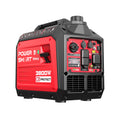
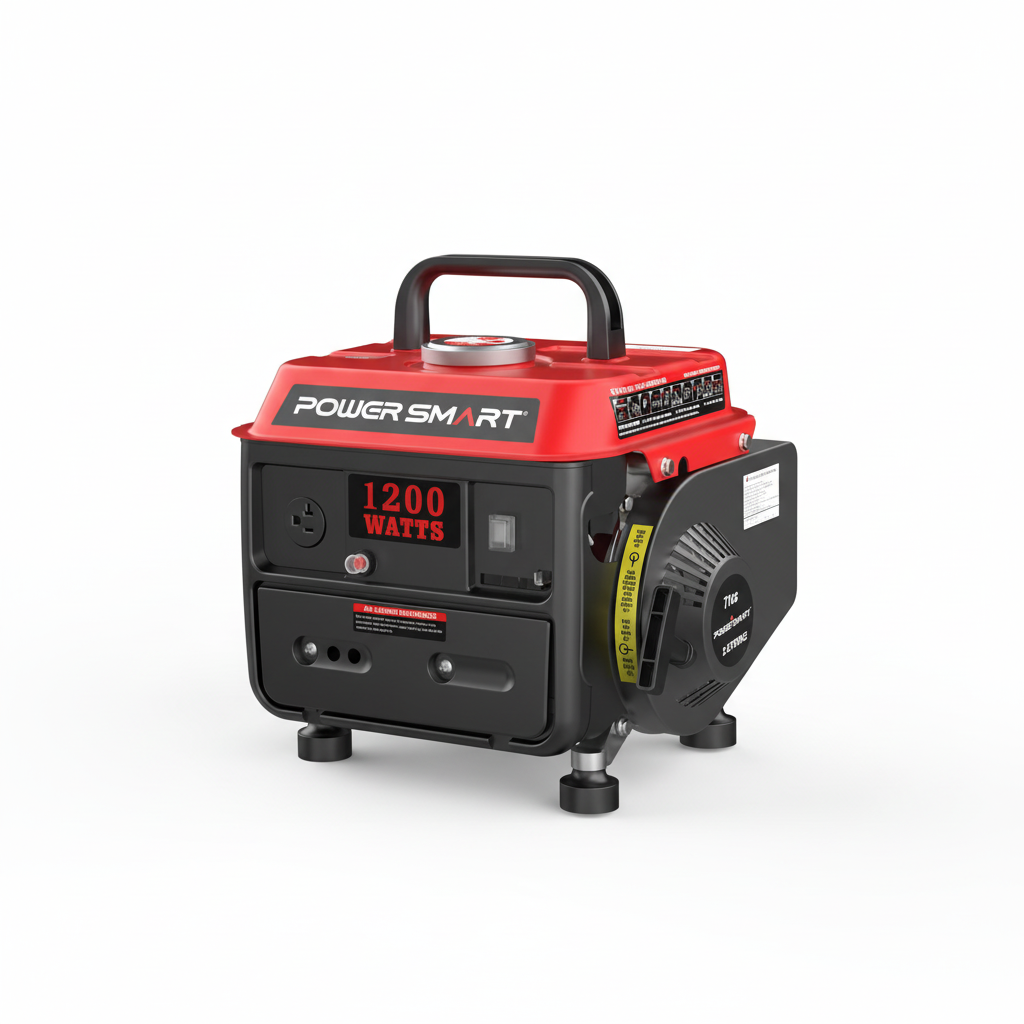



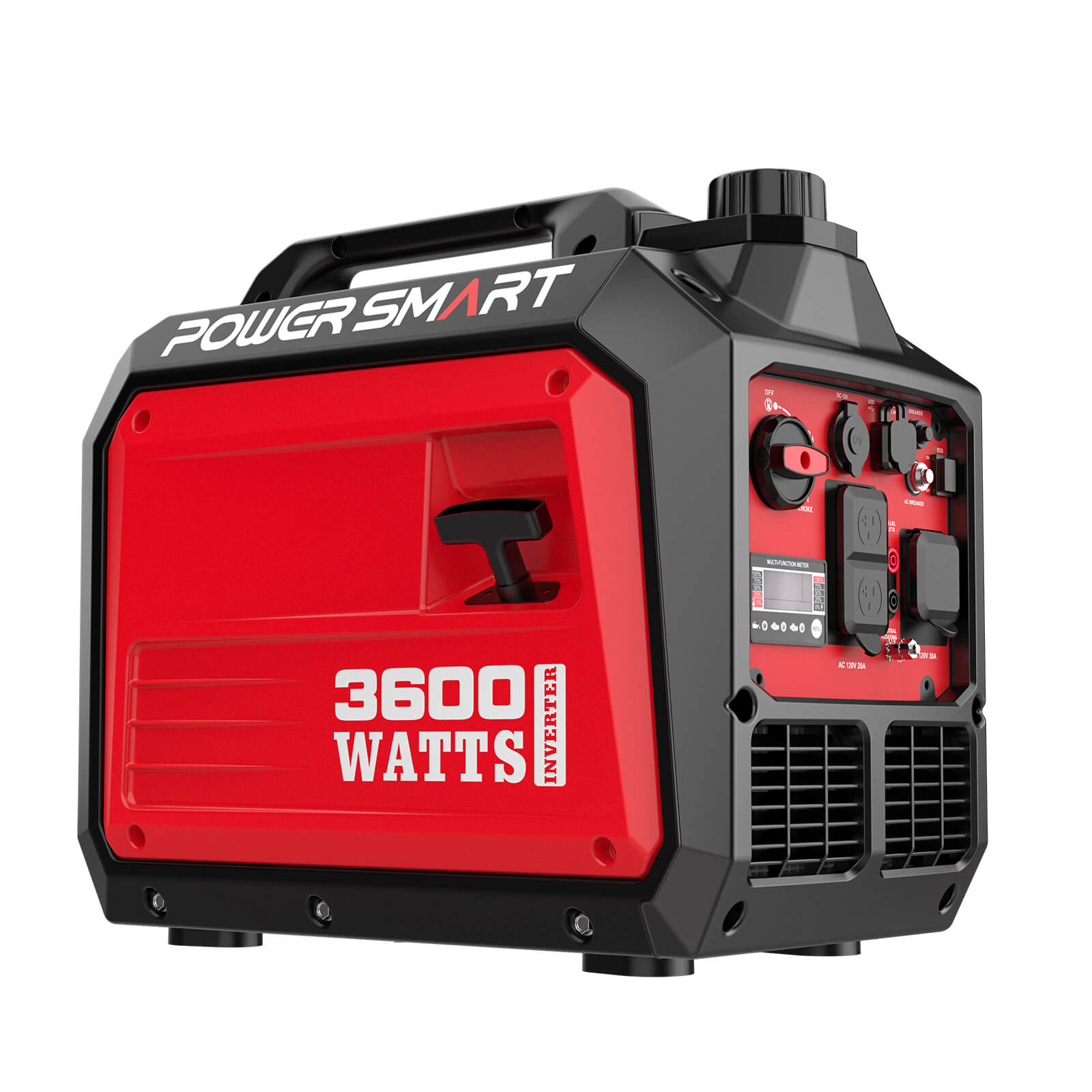
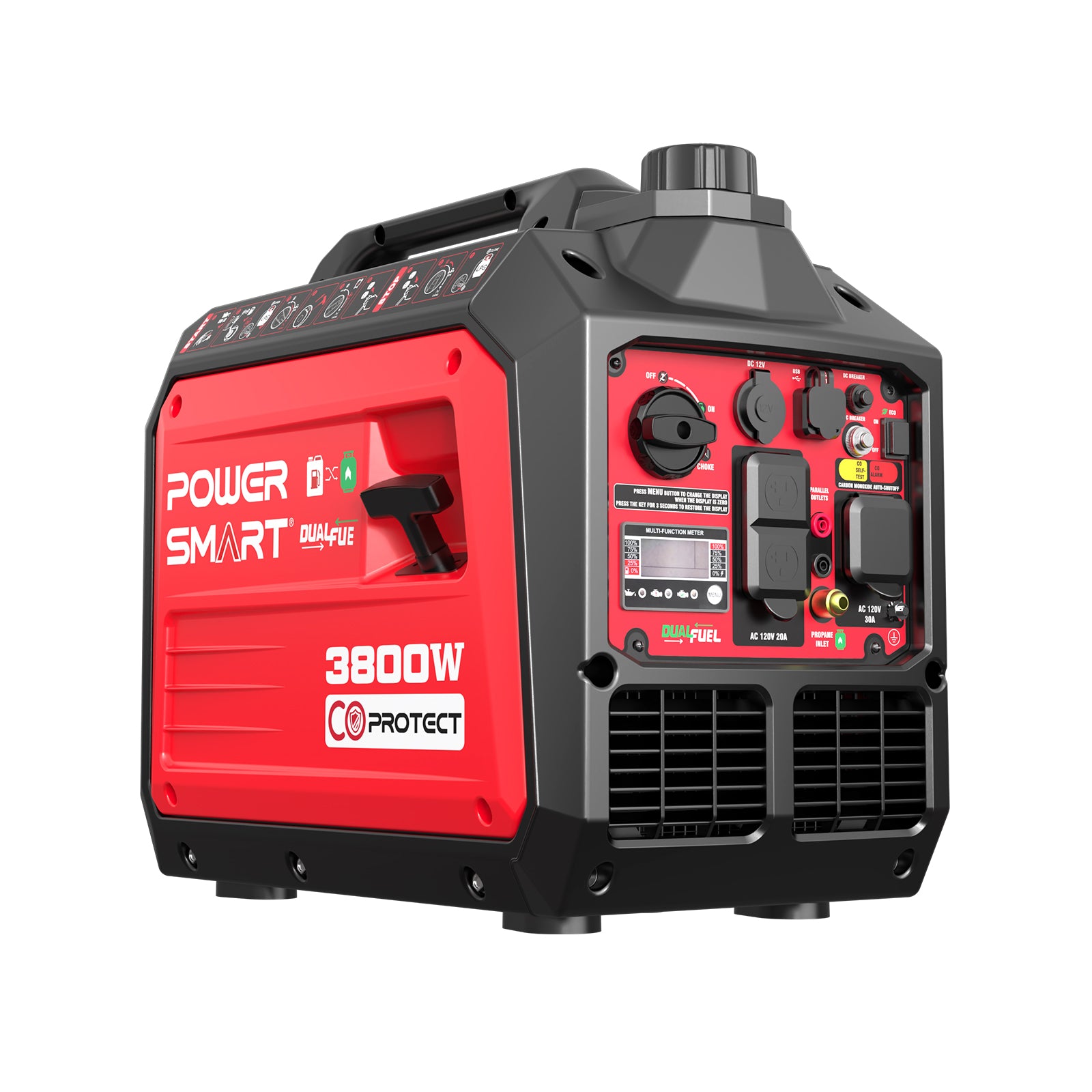




































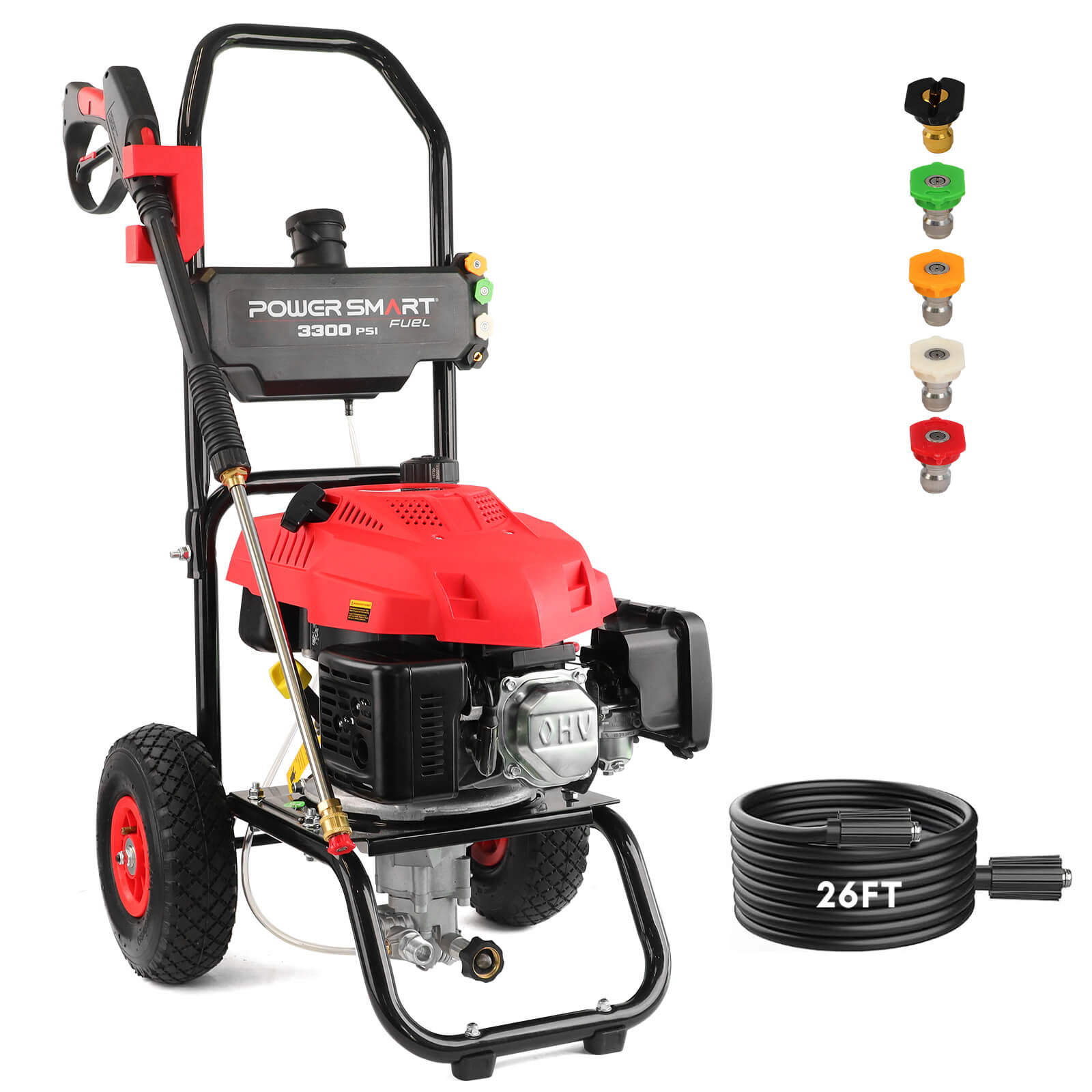
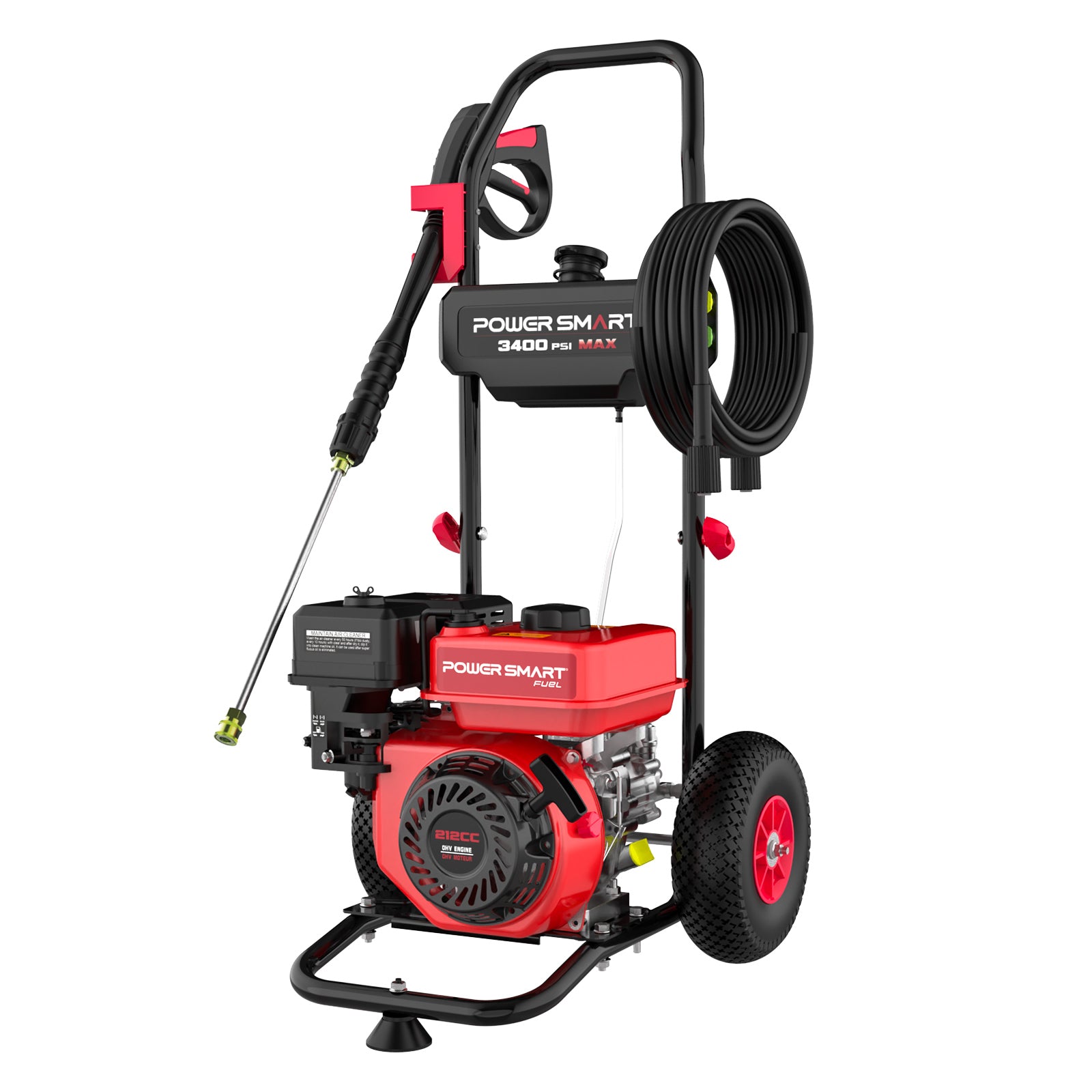




















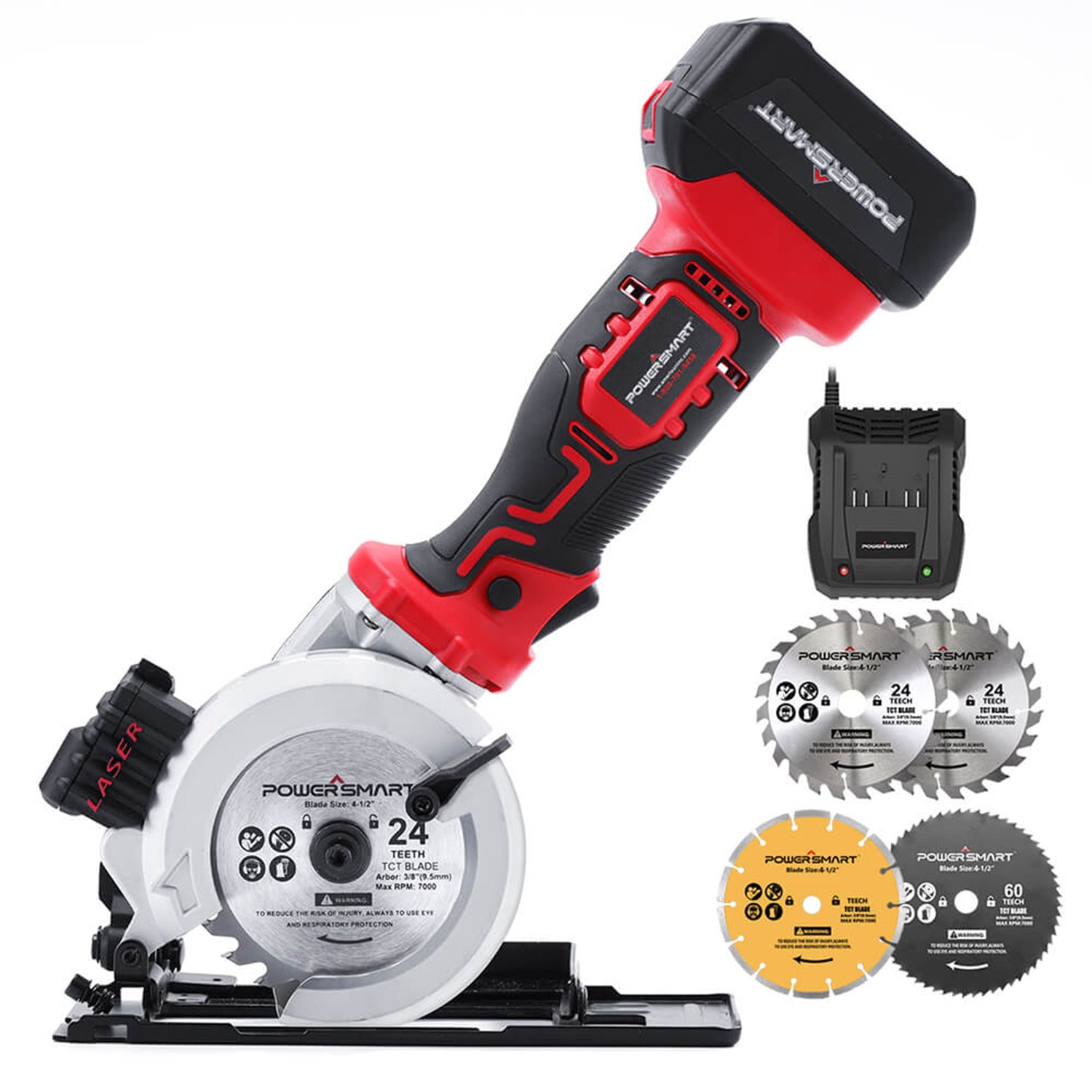




























Leave a comment
All comments are moderated before being published.
This site is protected by hCaptcha and the hCaptcha Privacy Policy and Terms of Service apply.